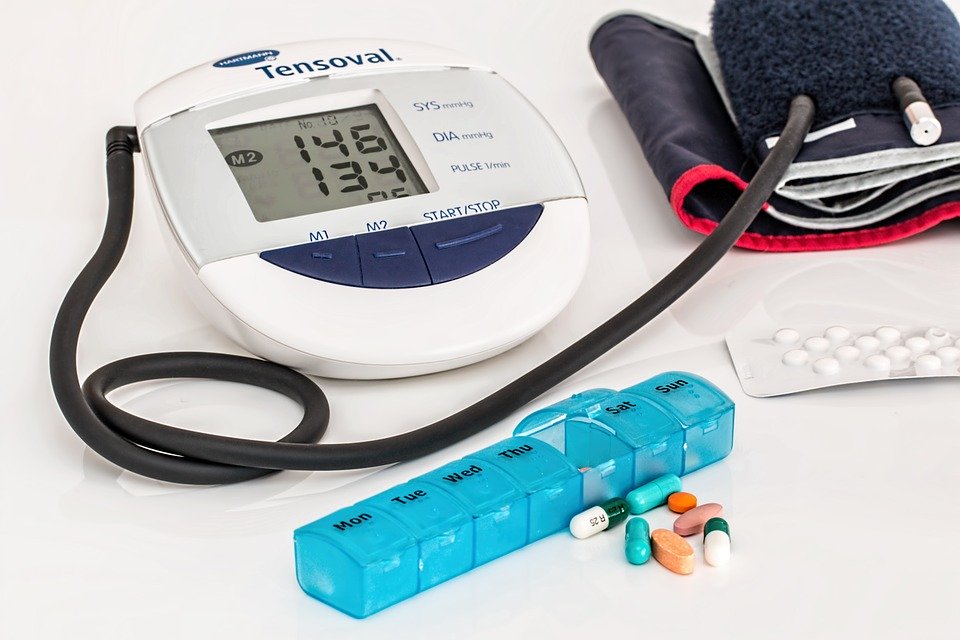These days, people have gotten super busy in the race of life: trying to win better-paying jobs and digging deeper into specializations. All this is essential for elevating your career, but some general knowledge can help you prosper in life. You never know what you could face next because emergencies don’t come knocking the doors.
Usually, people either escape medical emergencies or end up panicking about it. Do you think this the right way to handle medical emergencies? Honestly, knowing how to respond to a medical situation can save a life. Alongside keeping calm, some tips and tricks can come very handy in these difficult times. If you wish to know, here are some common medical emergencies and tips for dealing with them.
Breathing Problems
Approximately 10% of people worldwide have asthma and other breathing problems. An asthma attack can happen anytime, without any warnings. Therefore, you must know what to do if someone is having an asthma attack. Usually, patients with asthma carry inhalers with them, so look for one around. Otherwise, take the person to open space, ask them to take deep breaths, and calm them down by talking about something.
Epileptic Seizures
Some people have epilepsy, leaving them at the threat of seizures and fits all the time. It is quite scary because a healthy walking and talking person might experience a seizure in the middle of nowhere. The body starts shaking, while the person appears to look into space. Anyhow, don’t try to move or stop them because it is dangerous and risky.
When taking someone to the hospital due to a seizure, understand the difference between nurse practitioner and doctor because the nurse practitioner only provides first aid to the patient. In contrast, the doctor prescribes proper anti-seizure medication.
Heart Attack
Sometimes, you find yourself in overwhelming situations. For instance, while traveling through a subway, what if you notice someone having a heart attack? It happens when the heart doesn’t have enough blood supply. Instead of watching the other person in pain, you can always help even without savvy medical knowledge.
Usually, cold sweats and shortness of breath are initial signs of a heart attack. You have to be wise enough to detect these signs and immediately tell the person to chew an aspirin while heading to a hospital. These tablets remove blood clots and improve the blood flow of the body. Believe it or not, but this little tip or gesture can save a life.
Bleeding
Everyone witnesses cuts and wounds frequently, but excessive bleeding is not common. Only a severe injury or a deep cut results in bleeding, which requires attention. You can treat it with a first aid kit at home by washing the wound, using an antiseptic to kill germs, and then tightly covering the area. Besides, if the bleeding doesn’t stop, then the cut might be deeper, and the doctor will have to suture the area. If rushing immediately to the doctor is not possible, then tightly cover the wound to stop blood loss until you reach the hospital.
Dizziness & Fainting
In this scorching heat of the sun, everyone feels dehydrated and dizzy, but some people are on the verge of fainting, which is dangerous. Hence, if a stranger next to you complains about not feeling well, offer him water to ensure hydration and check his pulse. Sometimes, this happens due to low blood sugar or blood pressure. If you can assess the cause, you can offer potential solutions, making them feel better instantly.
Burns & Scalds
As much as you love cooking, handling tools in the kitchen is no easy feat because a minor mistake can cause a significant injury. At times, people spill boiling water on themselves, leading to scalds and burns. If you fail to treat it timely, it can turn all red with loads of swelling.
However, running to a nearby hospital for a minor burn won’t do anything except adding to your medical bills. You can treat it yourself with a first-aid kit. Firstly, wash the burnt area with cold water, and after drying it, apply some toothpaste on the affected area. In case of a major burn, don’t spare a second and rush to a nearby hospital.
Choking
It happens when an object blocks the windpipe – usually when you don’t chew food properly. The blockage in the throat causes difficulty in breathing. You have to immediately dislodge the obstruction instead of hitting on the back because it makes the problem worst. Bend the patient’s head and shoulders forward, wrap your hands around the stomach, place your fist above the belly button, and start pushing sharply inwards and outwards. You can repeat it five times to make sure the person spills the choking object. In case it doesn’t work, try to induce vomiting.
Final Words
Indeed, it is imperative to remain calm during medical emergencies because it will allow your mind to think and take action. A lot of stress can make you forget things you know already. Therefore, keep your brain open, assess the situation, and propose a solution. For instance, if you witness someone bleeding in public, inspect the wound, borrow someone’s scarf, and cover it tight. If you are clueless about how to deal with emergencies, we can help you out. Have a look above!
